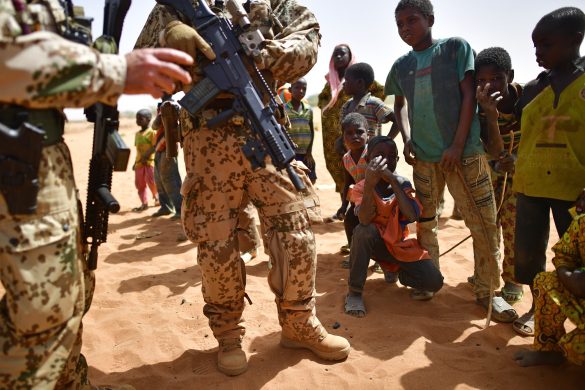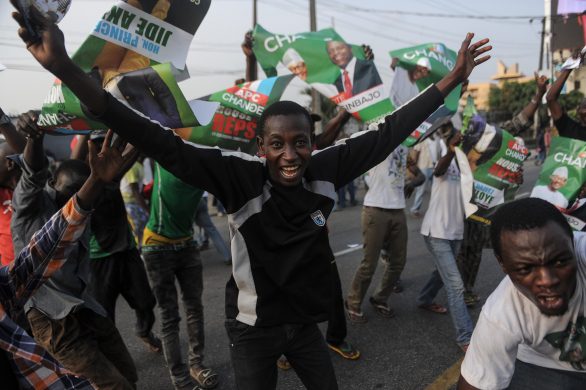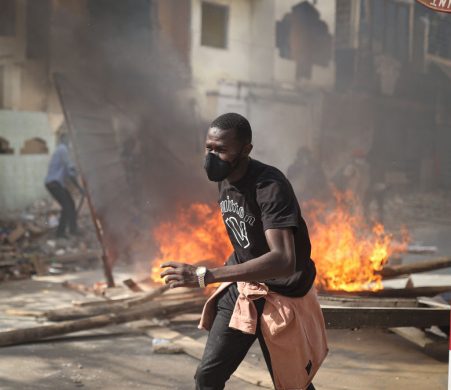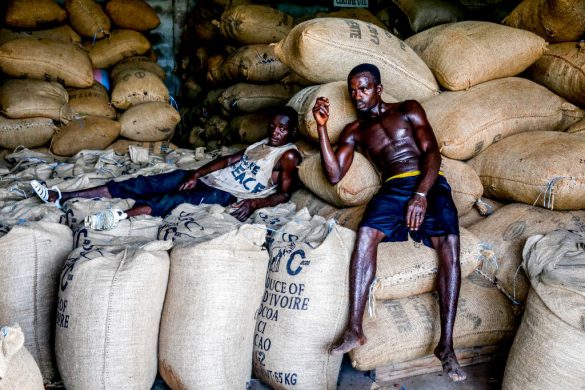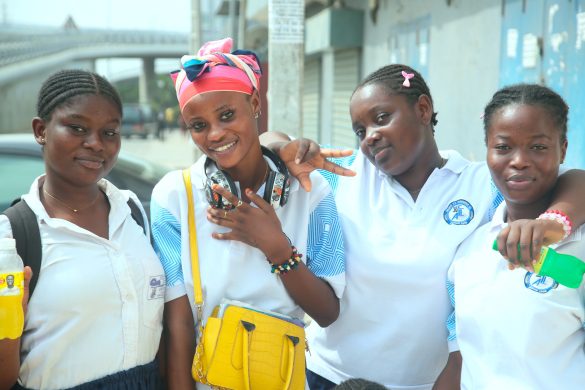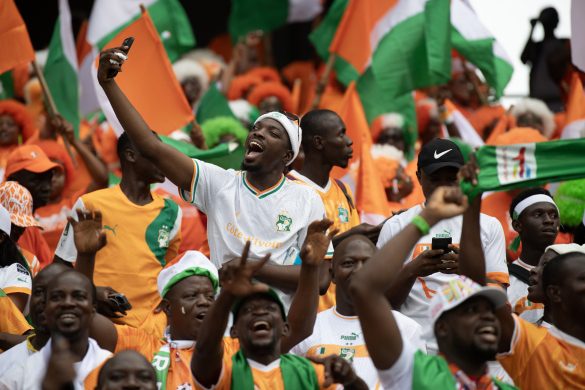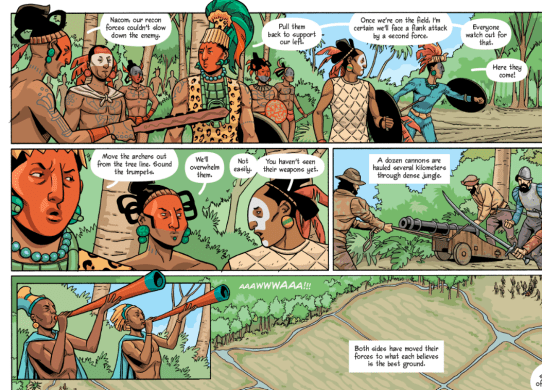I takt med at freden indfinder sig i Elfenbenskysten stiger antallet af flygtninge, der vender hjem fra nabolandet Liberia. I 2013 er 16.000 vendt tilbage – dobbelt så mange som i 2012. Der er fortsat 58.000 flygtninge fra Elfenbenskysten i Liberia. ZWEDRU, 28 November 2013 (IRIN): As peace takes hold in parts of Côte d’Ivoire, more Ivoirians are returning home from eastern Liberia, where they have been living since the post-election violence broke out in 2010 and forced them to flee. Some 16,000 Ivoirian refugees have been repatriated so far in 2013, double the number of those who returned in 2012 and 2011, said the UN Refugee Agency (UNHCR), which began a programme to help voluntary returns in October 2011. “Last week alone we facilitated the repatriation of more than 1,500 refugees from camps and communities,” said Khassim Diagne, UNHCR’s representative in Liberia. “We have some more convoys scheduled to leave in the next few weeks, which means that this number will further increase by end of December [2013].” Around 58,000 Ivoirians are still in Liberia but fears about insecurity in western Côte d’Ivoire, one of the regions worst hit by the 2010-11 conflict, is making many of them reluctant to return. Encouraging returns In October, a joint council of chiefs and elders met with Liberian President Ellen Johnson Sirleaf and her Ivoirian counterpart, Alassane Ouattara, in Liberia’s Grand Gedeh County, where the refugees are living in camps and host communities. The leaders called on the refugees to return home. “The country needs you,” said Ouattara. “The country needs your contribution to the ongoing reconstruction efforts.” Lahai Dede, 42, was once a prominent farmer in his home town of Guiglo. “I am missing my home. I am tired of living in Liberia. I want to go back home and plant my crops as I always did while I was in Côte d’Ivoire. That was my source of income… I am a farmer and I like doing it,” he told IRIN. “For me and my family, I have already written my name down for the next repatriation to go back home. There is no place like home. My kids need to get back to school. We have wasted years here in Liberia because of the senseless war in my country,” he said. “I lost my wife, and it hurts me so much. But all hope is not lost – my kids have given me hope. All we can say is that Ivoirians must come to their senses and move the country forward,” Dede said. Those returning home are given mats and blankets if they stay overnight at a transit centre, where they also receive food and water before resuming their homeward journey, said Sulaiman Momodu, a public information officer with UNHCR. They also receive US$150 per adult and US$100 per child, as well as other items to restart their lives. At the October meeting, Ivoirian elders representing the refugees called for better security, resolution of land disputes, and an increased repatriation grant to encourage more people to return. Momodou explained that UNHCR has organized “Go-and-See” visits for refugees to return home and assess the security where they live, as well as “Come-and-Tell” for former refugees to give their impressions to those still in refuge. “Former refugees who visited Liberia on ‘come-and-tell’ missions have also reported that security has improved in Cote d’Ivoire,” he said. “Things are calm at the border so this has encouraged us to return,” said 54-year-old Didier Tugu, who is planning to return home. Insecurity worries However, some refugees are unconvinced that there is adequate security at the border and in western Côte d’Ivoire. “I don’t want to go back, [but] I am tired of living in Liberia. This camp is like hell on earth – things are difficult for us here. I have decided to go home, but my major concern is whether proper security is in place,” said Sekou Bai. Zumah Theodore, 47, who fled to Liberia from San Pedro in western Côte d’Ivoire, said he would encourage his co-returnees to establish vigilante groups to help secure their community when he got home. “I think when we set up watch teams – that will be a great help to our community. We will be able to report crime to the national security. This is my plan when I get back. We are tired of problems back home and want to move forward. We are still hearing about some criminal activities in communities, so I think the vigilante group will help government to report crime.” Theodore said. Armed attacks are frequent in western Côte d’Ivoire, where politically manipulated ethnic rivalry and land disputes have caused violence, deaths and displacements. Jeremiah Toe, of the Liberian Society to Protect Refugee Rights, said the Ivoirian government must ensure that improved security remains a priority, especially as many refugees are returning. “We still hear about some minor security problems in parts of Côte d’Ivoire, so I think the government needs to improve on its security strategy – that will encourage more people to return.” Some people are undeterred despite knowing that they will struggle to access their homes. “People who ran away from other communities are seeking refuge in our homes. This is my biggest worry right now, but it can’t stop me from going back,” Makonee Trauwally told IRIN. “When I return, I’ll give them time to leave my house.” UNHCR is encouraging those refugees who plan to stay on in Liberia to find ways to generate income by distributing agricultural tools and helping them undertake poultry and vegetable farming, soap making, baking and learning mechanical skills.
Stigende antal flygtninge fra Elfenbenskysten vender hjem

Hedebølge i Californien. Verdens klimakrise har enorme sundhedsmæssige konsekvenser. Alligevel samtænkes Danmarks globale klima- og sundhedsindsats i alt for ringe grad, mener tre debattører.
Foto: Kevin Carter/Getty Images


